Sir Ernest Henry Shackleton CVO OBE FRGS FRSGS (/ˈʃækəltən/; 15 February 1874 – 5 January 1922) was an Anglo-Irish Antarctic explorer who led three British expeditions to the Antarctic. He was one of the principal figures of the period known as the Heroic Age of Antarctic Exploration.
Shackleton's first experience of the polar regions was as third officer on Captain Robert Falcon Scott's Discovery expedition of 1901–1904, from which he was sent home early on health grounds, after he and his companions Scott and Edward Adrian Wilson set a new southern record by marching to latitude 82°S. During the Nimrod expedition of 1907–1909, he and three companions established a new record Farthest South latitude at 88°S, only 97 geographical miles (112 statute miles or 180 kilometres) from the South Pole, the largest advance to the pole in exploration history. Also, members of his team climbed Mount Erebus, the most active Antarctic volcano. For these achievements, Shackleton was knighted by King Edward VII on his return home.
After the race to the South Pole ended in December 1911, with Roald Amundsen's conquest, Shackleton turned his attention to the crossing of Antarctica from sea to sea, via the pole. To this end, he made preparations for what became the Imperial Trans-Antarctic Expedition, 1914–1917. Disaster struck this expedition when its ship, Endurance, became trapped in pack ice and was slowly crushed before the shore parties could be landed. The crew escaped by camping on the sea ice until it disintegrated, then by launching the lifeboats to reach Elephant Island and ultimately South Georgia Island, a stormy ocean voyage of 720 nautical miles (1,330 km; 830 mi) and Shackleton's most famous exploit. In 1921, he returned to the Antarctic with the Shackleton–Rowett Expedition, but died of a heart attack while his ship was moored in South Georgia. At his wife's request, he was buried there.
Away from his expeditions, Shackleton's life was generally restless and unfulfilled. In his search for rapid pathways to wealth and security, he launched business ventures which failed to prosper, and he died heavily in debt. Upon his death, he was lauded in the press but was thereafter largely forgotten, while the heroic reputation of his rival Scott was sustained for many decades. Later in the 20th century, Shackleton was "rediscovered".[1] He rapidly became a role model for leadership as one who, in extreme circumstances, kept his team together in a survival story described by cultural historian Stephanie Barczewski as "incredible".[2]
In his 1956 address to the British Science Association, Sir Raymond Priestley, one of his contemporaries, said "Scott for scientific method, Amundsen for speed and efficiency but when disaster strikes and all hope is gone, get down on your knees and pray for Shackleton", paraphrasing what Apsley Cherry-Garrard had written in a preface to his 1922 memoir The Worst Journey in the World. In 2002, Shackleton was voted eleventh in a BBC poll of the 100 Greatest Britons.
Blue plaque marking the home of Ernest Shackleton at 12 Westwood Hill, Sydenham, London Borough of Lewisham
Shackleton was born on 15 February 1874, in Kilkea, County Kildare, Ireland. His father, Henry Shackleton, tried to enter the army, but his poor health prevented him from doing so. He became a farmer instead, settling in Kilkea. The Shackleton family are of English origin, specifically from Yorkshire. Abraham Shackleton, an English Quaker, moved to Ireland in 1726 and started a school at Ballitore, County Kildare. Shackleton's mother, Henrietta Letitia Sophia Gavan, was descended from the Fitzmaurice family.[3] Ernest was the second of their ten children and the first of two sons; the second, Frank, achieved notoriety as a suspect, later exonerated, in the 1907 theft of the Irish Crown Jewels.[4]
In 1880, when Ernest was six, Henry Shackleton gave up his life as a landowner to study medicine at Trinity College, Dublin, moving his family to the city.[5] Four years later, the family moved again, from Ireland to Sydenham in suburban London. Partly this was in search of better professional prospects for the newly qualified doctor, but another factor may have been unease about their Anglo-Irish ancestry, following the assassination by Irish nationalists of Lord Frederick Cavendish, the British Secretary for Ireland, in 1882.[5] However, Shackleton took lifelong pride in his Irish roots, and frequently declared, "I am an Irishman".[6]
Education
From early childhood, Shackleton was a voracious reader, a pursuit which sparked a passion for adventure.[7] He was schooled by a governess until the age of eleven, when he began at Fir Lodge Preparatory School in West Hill, Dulwich, in southeast London. At the age of thirteen, he entered Dulwich College.[5] The young Shackleton did not particularly distinguish himself as a scholar, and was said to be "bored" by his studies.[5]
He was quoted later as saying: "I never learned much geography at school ... Literature, too, consisted in the dissection, the parsing, the analysing of certain passages from our great poets and prose-writers ... teachers should be very careful not to spoil [their pupils'] taste for poetry for all time by making it a task and an imposition."[5] In his final term at the school he was still able to achieve fifth place in his class of thirty-one.[8]
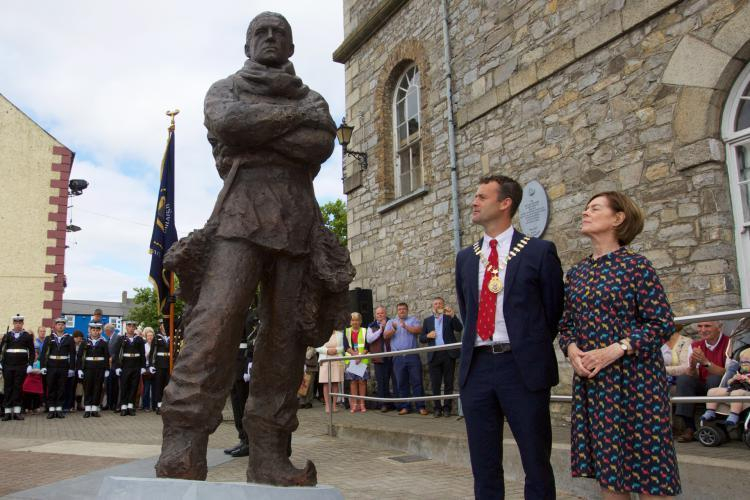
 Amanda S. Stevenson
Amanda S. Stevenson 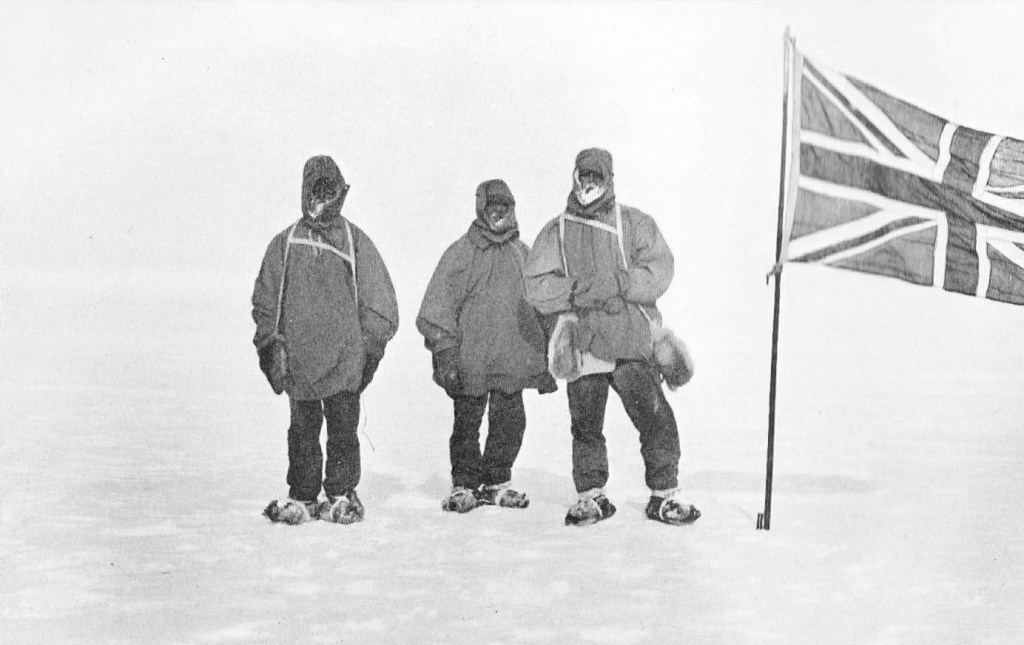
 Amanda S. Stevenson
Amanda S. Stevenson 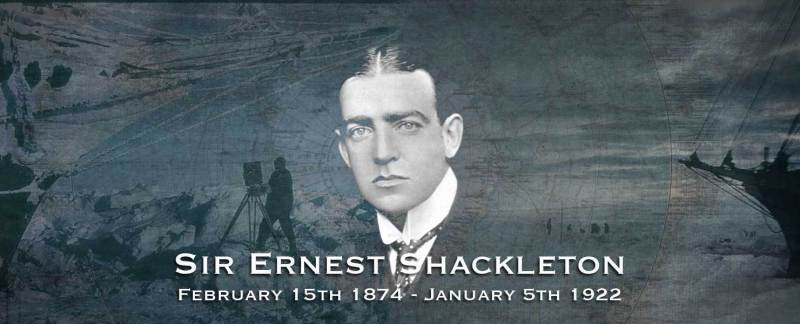
 Amanda S. Stevenson
Amanda S. Stevenson 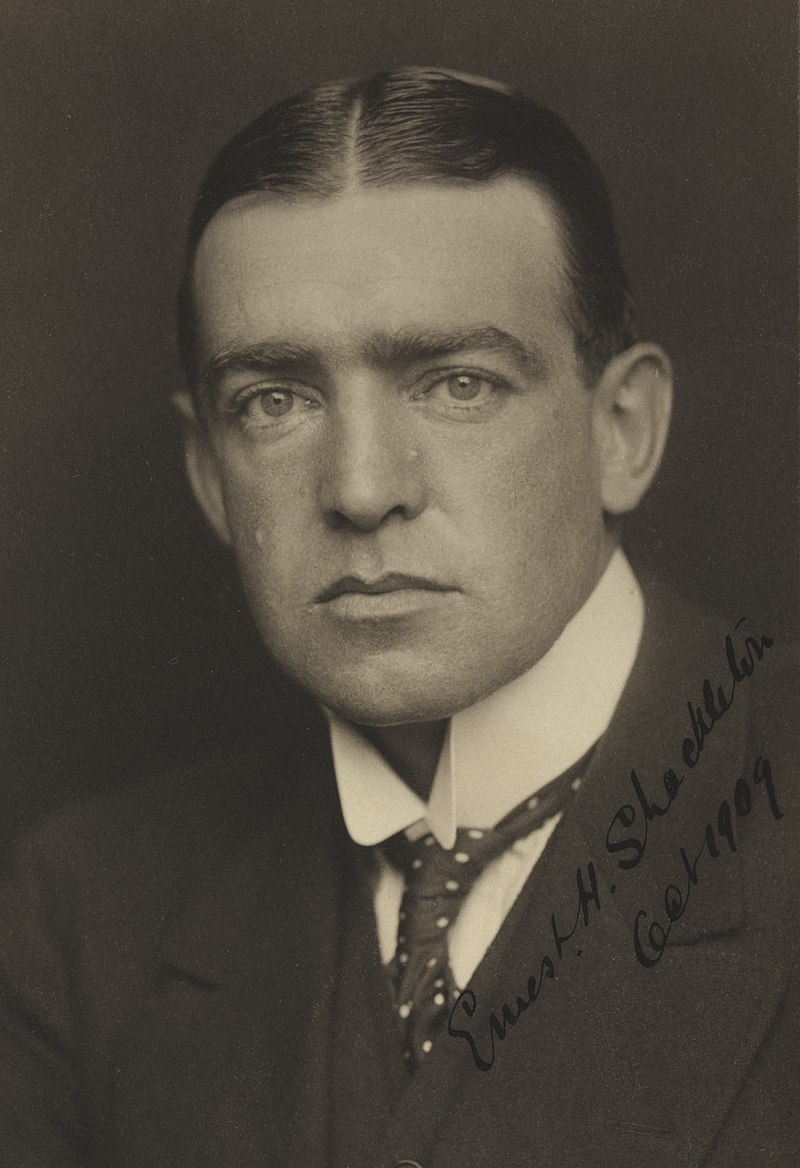
 Amanda S. Stevenson
Amanda S. Stevenson 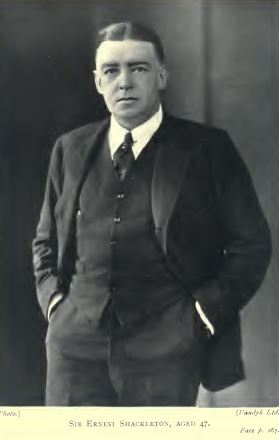
 Amanda S. Stevenson
Amanda S. Stevenson 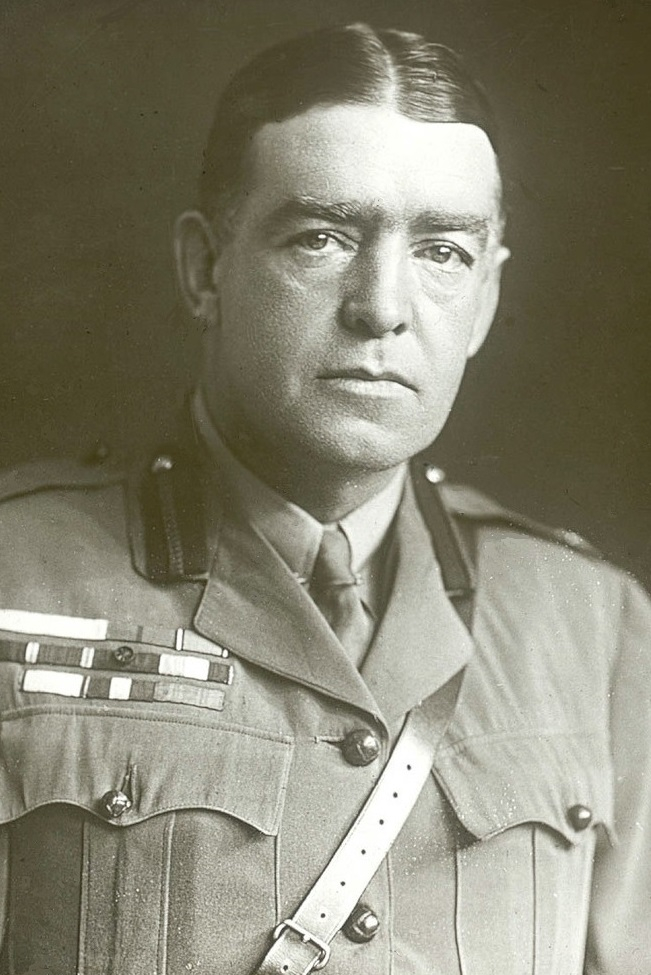
 Amanda S. Stevenson
Amanda S. Stevenson 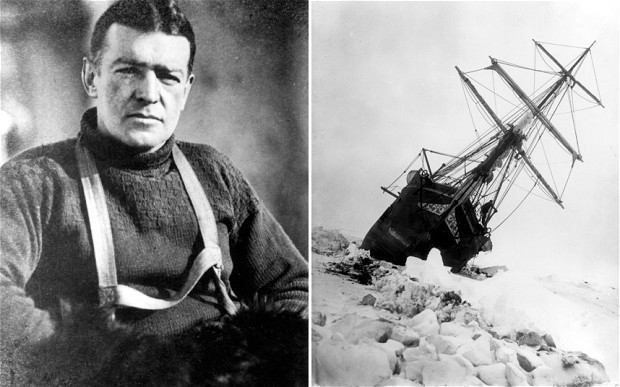
 Amanda S. Stevenson
Amanda S. Stevenson 